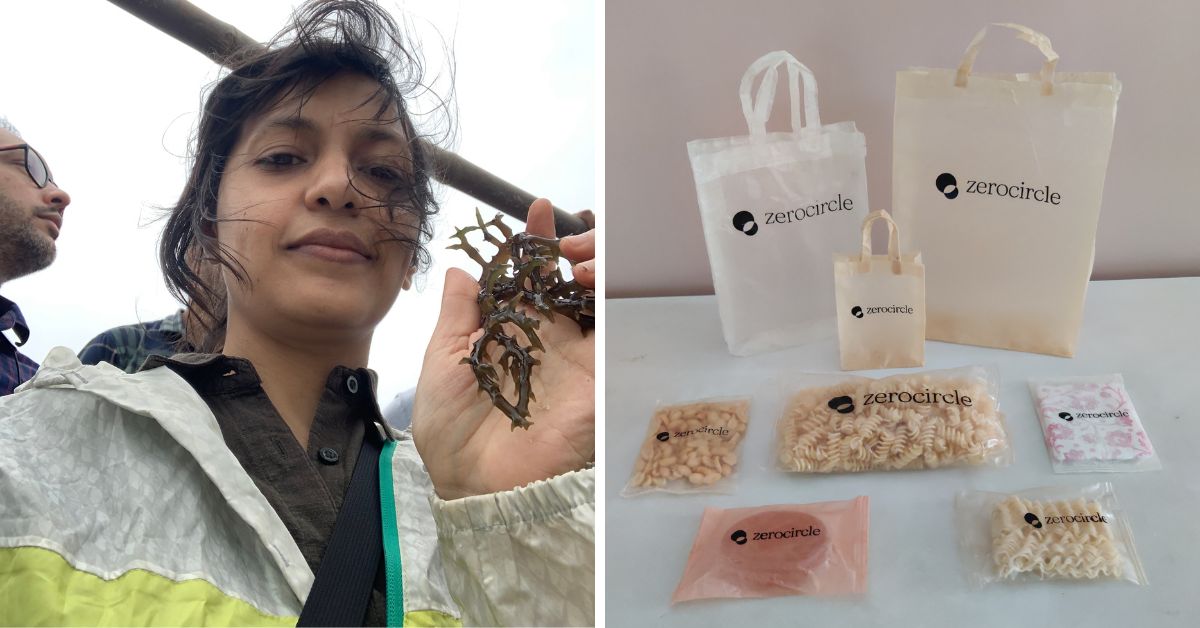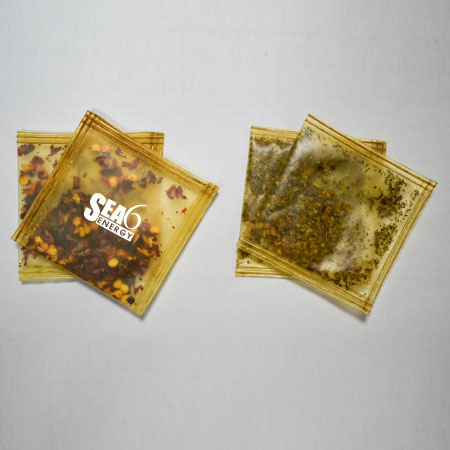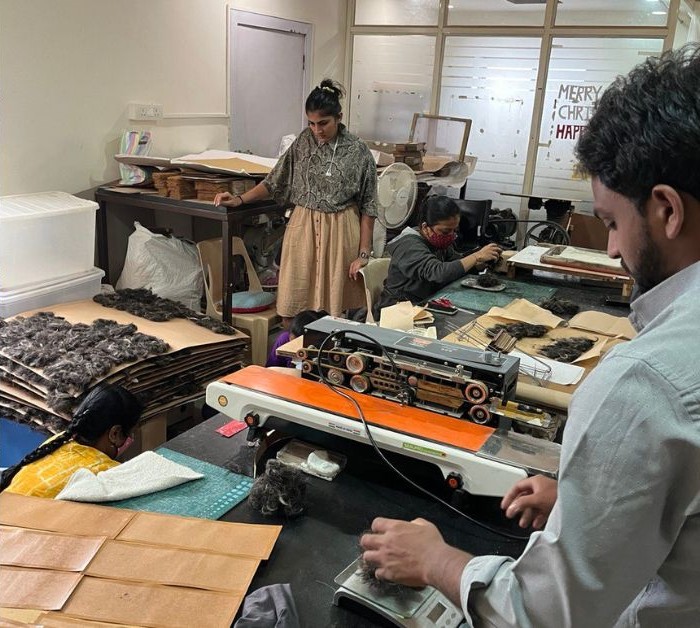As the world fights the mounting crisis of plastic pollution, innovators are turning to nature for sustainable alternatives. One such promising solution is seaweed — a marine plant with the potential to revolutionise the packaging industry.
Biodegradable, renewable, and abundant, seaweed-based packaging offers a viable replacement for conventional plastic. With India’s long coastline and rich marine biodiversity, seaweed farming is not only environmentally sustainable but also economically beneficial for coastal communities. Several Indian start-ups are now harnessing this resource to create packaging solutions that are both effective and eco-friendly.
Why seaweed?
Seaweed-based packaging decomposes within weeks, unlike plastic, which lingers for centuries. Additionally, it requires no fresh water, fertilisers, or pesticides for cultivation, making it one of the most sustainable raw materials available.
Seaweed’s high natural polymer content allows it to be moulded into various packaging forms, from films to pouches, without compromising on durability or functionality. The rising demand for sustainable alternatives has driven Indian entrepreneurs to tap into this potential, leading to groundbreaking innovations in the sector.
Here are three Indian start-ups leading the change with seaweed.
1. Zerocircle
Founded by an ex-Google employee Neha Jain, Zerocircle has pioneered a seaweed-based packaging material that is not only biodegradable but also edible for marine life. Unlike traditional bioplastics that require industrial composting, Zerocircle’s packaging breaks down naturally, posing no harm to the environment.

Focusing on a B2B model, the company collaborates with local seaweed farmers from Gujarat and Tamil Nadu, ensuring sustainable sourcing and economic empowerment for coastal communities.
Click here to read more.
2. Sea6 Energy
Bangalore-based start-up Sea6 Energy is considering the commercial implications of using seaweed. The company has developed a seaweed-based compostable coating, making food packaging safe and heat-resistant.

With the benefits of rapid biodegradation, and certifiable as organic, Sea6 Energy is also working on creating bioplastic straws and films which are seaweed-based.
Click here to learn more.
3. Go Do Good
Khushboo Gandhi, through her Pune-based startup, has repurposed agro-waste to find alternatives for single-use plastic. The company works with an array of raw materials like natural pigments, seaweed, and coir to make eco-friendly inks and bubble wraps.

“Seaweed has a polymer structure and behaves very similarly to plastic in terms of stretchability, flexibility, and transparency. It can go back to the planet much more easily,” shares Khushboo, who is working on designing sheets using seaweed.
Click here to read more.
With increasing awareness and policy support for sustainable packaging solutions, seaweed-based alternatives are poised to make a significant impact. While scalability and cost remain challenges, advancements in technology and rising consumer demand are driving the sector forward.
As these pioneering Indian companies continue to innovate, seaweed may soon emerge as a mainstream replacement for plastic, paving the way for a greener future.
Edited by Arunava Banerjee
No comments:
Post a Comment